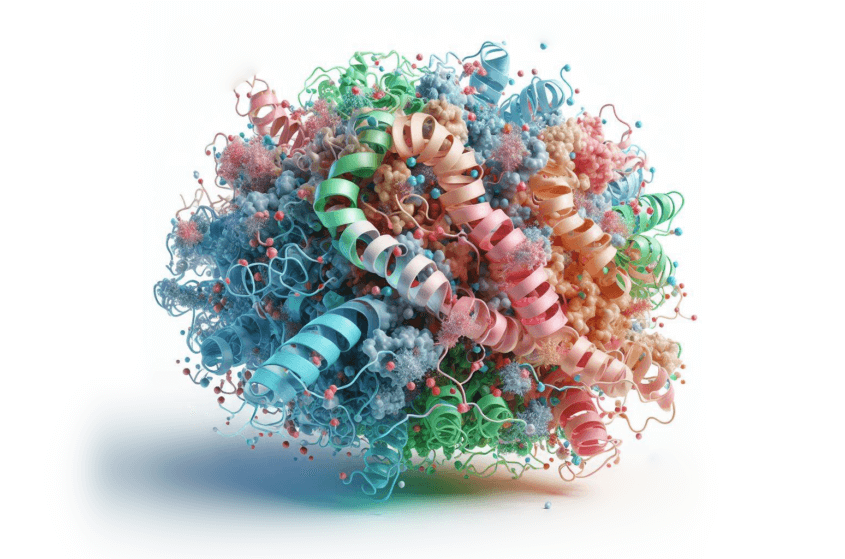When is a novel protein “new” for PTE purposes?
A recent decision of the ILPTO illustrates its restrictive approach with respect to eligibility of modified versions of previously approved proteins for PTE but the final word has not yet been said.
The ILPTO rejected a petition to extend the term of a patent claiming the recombinant antihemophilic factor VIII tuoctocog alfa pegol (Esperoct®). The ILPTO held that Esperoct® is not the first regulatory approval of the protein because of Patentee’s earlier factor VIII Novoeight® product for the same indication which comprises tuoctocog alfa as the active ingredient. Both products are recombinant human factor VIII manufactured in CHO cells but the tuoctocog alfa in Esperoct® is modified by covalent addition of a specific polyethylene glycol (PEG) on the O-linked glycan using an enzymatic reaction process. Tuoctocog alfa pegol was registered as a new molecular entity and the presence of conjugated PEG changed the pharmacokinetic profile of the drug allowing for less frequent dosing.
The ILPTO Deputy Chief Examiner held that for the purposes of PTE eligibility, the marketing approval for tuoctocog alfa pegol is not the ‘first marketing approval’ for the active ingredient because tuoctocog alfa pegol is “included” in the previously registered tuoctocog alfa. Both proteins have an identical amino acid sequence and although the PEG conjugation renders them chemically distinct, the “essence of the product” is not affected and they have identical activity. Using small molecule terminology, the Deputy Chief Examiner regarded the PEG conjugated protein as analogous to a novel salt, ester, hydrate or crystalline form of a previously approved compound which are not entitled to PTE.
An earlier Factor VIII decision (Kovaltry) did not rule out that post translational modifications in glycosylation may suffice to regard otherwise identical proteins as distinct compounds for PTE purposes if they have significant differences in activity, pharmacokinetics, immunogenicity or adverse events profile. This should be equally (or even more) applicable with respect to a chemical modification of the recombinant protein. This recent decision accordingly appears overly strict but as it was not appealed, the ILPTO policy with respect to PTE eligibility of modified previously approved proteins is yet to be further clarified in prospective matters.
This update article is provided for general information only and is not in lieu of legal advice. Please contact us directly for any required advice on specific matters.
